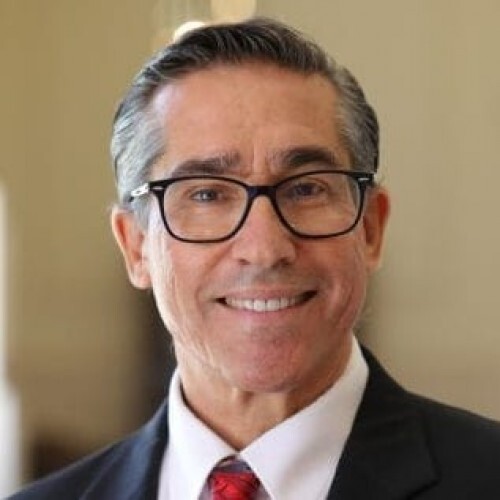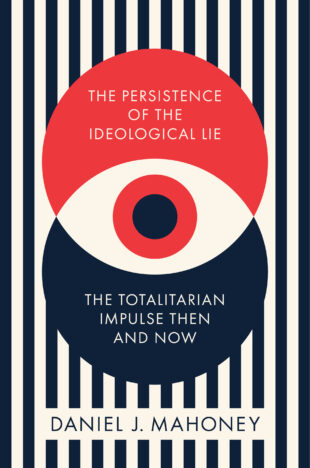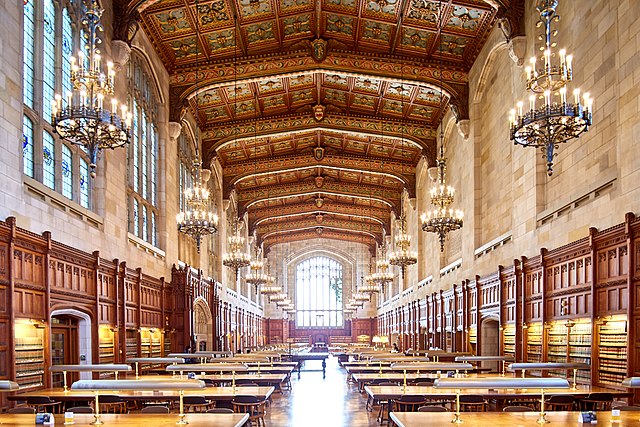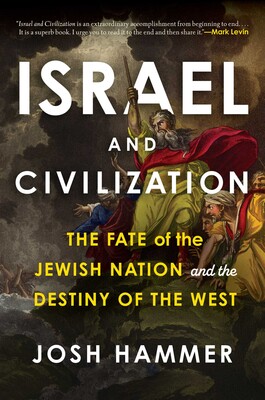JWI Affiliated Scholar & Professor of Philosophy Frank Beckwith confronts a troubling trend among some legal scholars who, in the aftermath of the Dobbs decision, have constructed and advocated for a right to abortion rooted in religious liberty.
Since the overturning of Roe v. Wade and Casey in Dobbs, an increasing number of scholars argue that the Constitution may still vindicate the right to abortion, but through the First Amendment’s two religion clauses. They argue that state laws that limit access to abortion on the grounds that the fetus is a person or that prenatal life is sacred violate the Establishment Clause, since such laws are based on a contested religious view of what constitutes “personhood.” They also argue that prolife laws violate the Free Exercise rights of women whose religious views either permit or require them to procure an abortion in certain circumstances. Because all current post-Dobbs prolife laws include exceptions–such as for the life of the mother, substantial health risk, severe fetal deformity, or a pregnancy resulting from rape or incest—defenders of the Free Exercise argument maintain that under current precedent after Employment Division v. Smith (1990), the Court should apply strict scrutiny to such prolife laws.
Francis “Frank” J. Beckwith is a member of the JWI Board of Scholars and a professor of philosophy and church-state studies at Baylor University, where he also serves as the Associate Director of Graduate Studies in Philosophy and an Affiliate Professor of Political Science. His academic interests encompass religion, jurisprudence, politics, and ethics. Beckwith’s scholarly contributions appear in leading academic journals, and he has authored several influential books that explore the intersections of faith, law, and morality. A recognized figure in the discourse on church-state relations, he frequently engages in public debates and discussions, sharing his expertise in both academic and broader societal contexts. Additionally, Beckwith has delivered lectures at various institutions, enhancing the understanding of how philosophical principles inform contemporary legal and political issues.
This episode is adapted from a program JWI co-sponsored with First Liberty Institute’s Center on Religion Culture and Democracy.








